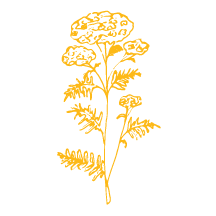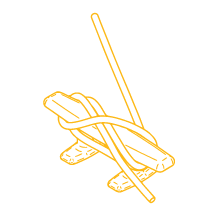
“In the winter, we must protect ourselves. Look after one another.”
—Ned Stark, Game of Thrones
COVID-19 will lead to this winter being “one of the most difficult times that we’ve experienced in American public health,” according Dr. Robert Redfield, the Director of the U.S. Centers for Disease Control and Prevention. As cold weather makes outdoor socializing challenging at best, we face the hard choice of hunkering down in relative isolation or having more viral spread and with it an accompanying increase in deaths.
Winter is coming.
On a walk, I see nature is preparing. Red squirrels chase in manic territorial dispute, protecting winter middens. A solitary cricket chirps once, and again. Leaves turn. Spring peepers are settling into muddy bottoms.
Of the original 102 colonists who came to America on the Mayflower in 1620, 45 died during the first winter. In the forced migration in 1838 and 1839 known as The Trail of Tears, 4,000 Cherokee people died, many from harsh winter conditions, especially children and the elderly. During Nazi Germany’s 1941-1942 siege of Leningrad, an average of 100,000 people died monthly from starvation over the peak of winter.
We may take some modest solace in knowing our 2020 challenges are less robust than what others have faced, but there is no getting around it: in the midst of a pandemic, winter is no small thing.
And we are already so weary.
“I have heard it said that winter, too, will pass,” poet Maya Angelou once said. “See, all we have to do is hang on.” (Having experienced and survived childhood trauma, the poet knows something about hanging on.)
I too have been thinking about hanging on; what that looks like.
I have known grief; I have known trauma. I know weariness does not make wearying things go away. With time and patience, I have learned to be gentle with myself—forgiving. I have felt the gift of compassion; the return that comes with caring and gratitude. I have hung on, and discovered that hanging on requires love.
“Love is like a virus. It can happen to anybody anytime,” Angelou has said, in all her earned wisdom. (And with all we know of viruses these days, that tells us that once given, it stays with us forever.)
Winter is coming—a winter of pandemic, and we are already so weary.
And yet we face a winter of hanging on.
I look out my window at sunlight shafts glimmering on leaves falling like gentle snow. On the road along my house, a couple walks by, snug in winter coats. Behind me, the wood stove crackles, heat on my back. I listen to music, alone at home. Melancholy is never far away.
But I keep it at bay, for despite my solitude, I realize I am never alone: Florian’s hand-drawn birthday card propped on my desk (he sends me one each year); photos of my daughters suspended on my refrigerator door (forever moments together); antique toy soldiers marching in timeless parade atop my living room credenza (a gift from my father before he died).
So many tokens—such caring.
And as I have received, I hope too to give; that my love—like the talismans surrounding me, undoing my seclusion—might radiate warmth into others’ winter hollows.
(“Look after one another,” admonishes Ned Stark.)
Winter is coming, and though fear, uncertainty, and isolation rise, so too do love and caring. Alone at home, I am not alone in heart: like hovering angels, friends and family are near—always.
Grace abounds, and—virus versus virus—love wins.




